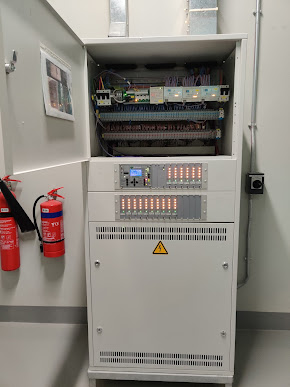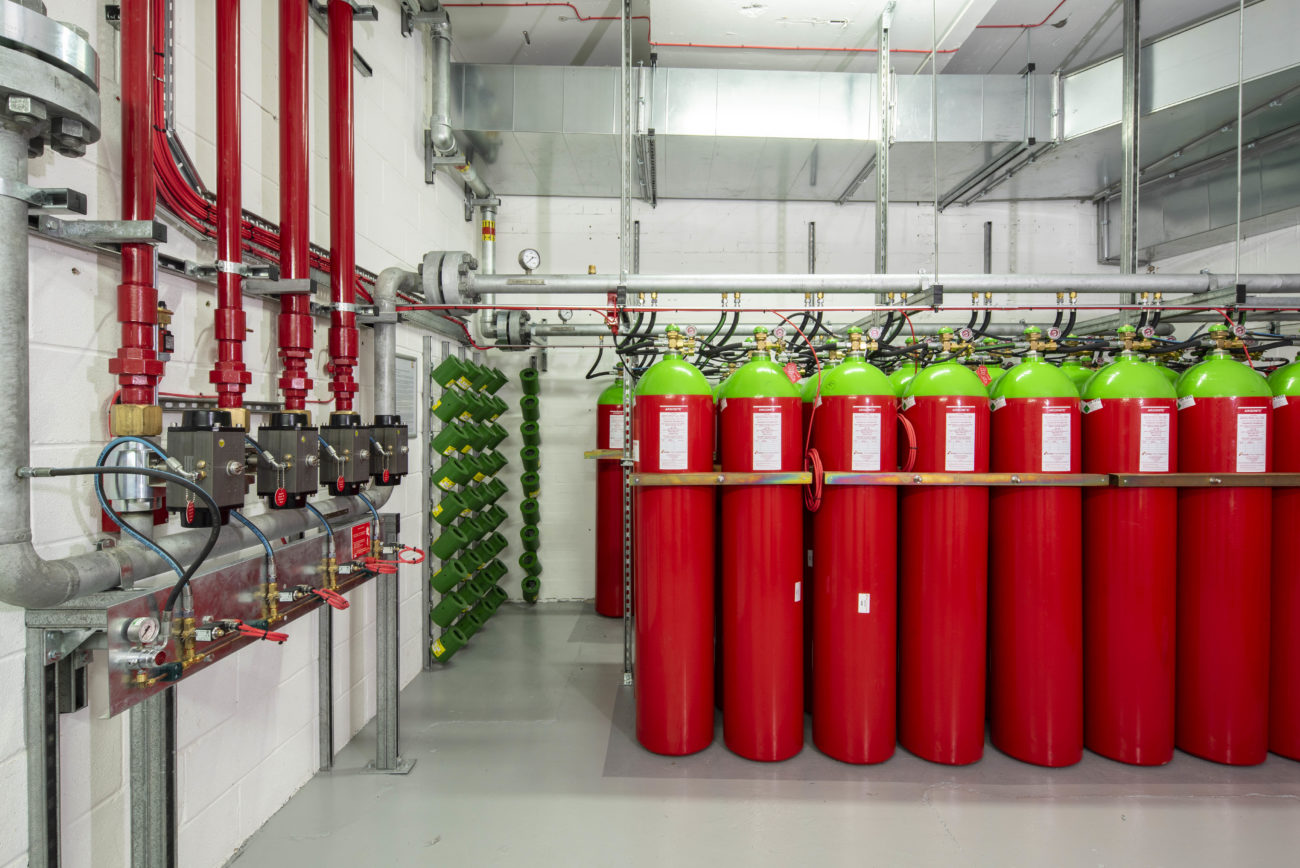The Essential Role of Fire Hose Reels in Fire Safety

Fire hose reels are indispensable components of fire safety systems, providing immediate access to water for combating fires in their early stages. Understanding their design, benefits, installation, and maintenance is crucial for ensuring optimal performance and safety. Among the leading names in fire protection solutions, Aleum stands out for delivering high-quality fire hose reels and firefighting valves that meet stringent international safety standards. Understanding Fire Hose Reels A fire hose reel consists of a cylindrical drum designed to house a hose connected to a continuous water supply. Upon activation, it delivers a steady stream of water, enabling users to address fires promptly. Typically, these reels are strategically positioned in buildings, ensuring accessibility during emergencies. Aleum: Setting the Standard in Fire Hose Reels Aleum, a trusted brand in firefighting solutions, offers a range of high-performance fire hose reels designed for industrial, commerc...





